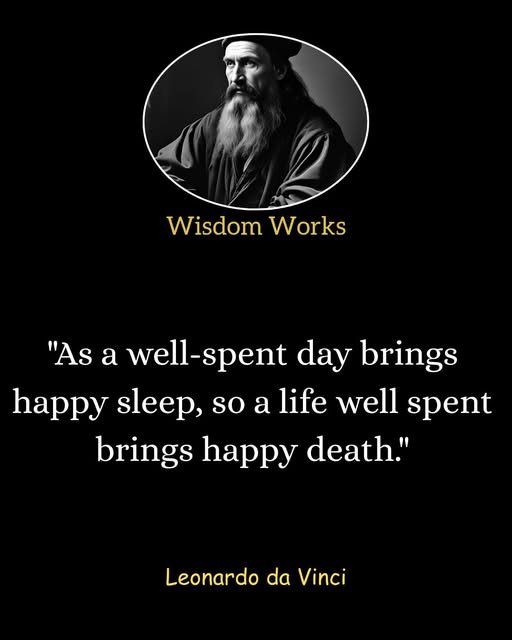When exploring the profound insights of Aristotle on friendship, one can\'t help but delve deep into his timeless wisdom. Friends, according to Aristotle, play a pivotal role in our lives, not just for the joy of companionship but as essential components of a virtuous life. His assertion that \"a friend to all is a friend to none\" challenges us to reconsider the depth and sincerity of our personal connections.
Aristotle categorizes friendships into three distinct types—those of utility, pleasure, and virtue. Each type serves a purpose, but it\'s the friendships of virtue that Aristotle holds in the highest esteem. These relationships, built on mutual respect and shared moral values, are rare and require both effort and commitment to sustain. They are not merely about enjoying each other\'s company but about helping each other live better, more fulfilling lives.
In today\'s digital age, where connections can be as fleeting as a swipe or a like, Aristotle’s perspectives gain even greater significance. The superficial bonds we often form on social media can sometimes echo the friendships of utility that Aristotle described—connections that exist primarily for the benefits we gain from them, rather than for a deeper communion.
Reflecting on \"a friend to all is a friend to none,\" it becomes clear that spreading oneself too thin across many superficial relationships might prevent us from developing the deep, meaningful friendships that truly enrich our lives. This phrase encourages us to prioritize quality over quantity in our friendships, investing in relationships that foster mutual growth and understanding.
Moreover, Aristotle’s exploration of friendships encourages a self-reflective journey. It prompts one to ask: Are my friends good for me? Am I a good friend to others? In pondering these questions, we\'re invited to consider not only how we choose our friends but also how we can be better friends ourselves.
By revisiting Aristotle’s wisdom on friendships, we can find guidance for cultivating richer, more supportive relationships that withstand the test of time. As we navigate the complexities of modern relationships, his philosophy provides a beacon that helps us seek out and nurture the kind of friendships that truly matter.
























.jpg)
.jpeg)








.jpg)
.jpg)
.jpeg)








.jpeg)








.jpg)
.jpg)

















.jpeg)

.jpg)
.png)










.jpg)

.jpg)


.jpeg)



